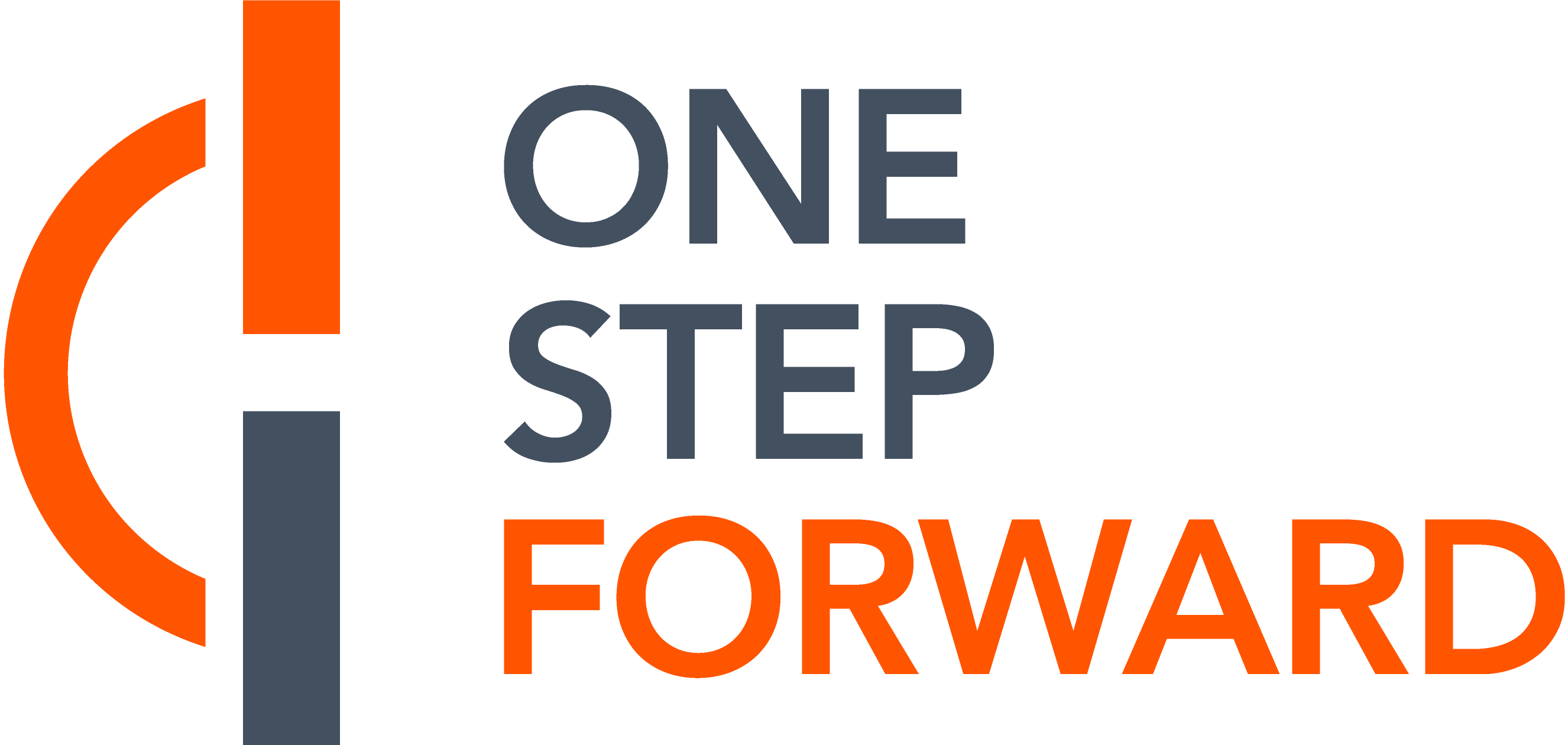Episode notes
Judith Verweijen is a researcher who has spent a decade-plus interviewing soldiers and militias in eastern Democratic Republic of the Congo.
We talk through what her process looks like, what men under arms actually do all day, and the complex social ecosystem that arises in protracted conflicts.
We also talk a lot about the ethics of this work. Not just because many of these groups are implicated in serious human rights violations, but also because there’s a long history of “extractive” research originating in the global North.
As always there are no easy answers here — but this a fascinating conversation with someone who’s produced a lot of fascinating, granular research.
Topics discussed:
[03:45] Pursuing an early interest in Central Africa. Early fascination with what armed groups do, and what lies behind human rights violations.
[11:10] How to dig beneath superficial narratives. Working in remote parts of eastern Congo.
[13:00] The complex ethical questions raised by research with belligerents in an active conflict. Understanding what people actually do, and why they do it, in long-running conflicts.
[17:15] The interactions between armed groups and everyday social fabric. How militants think about their role, and the ethics of what they do.
[26:00] Interactions with policy people, and occasionally intelligence services. Publishing about sensitive topics, and sensitive people.
[31:50] Thinking about success and failure as a professional academic. Highlights and lowlights.
[34:25] Integrating her research into the regular academic world. Staying constantly connected with eastern DRC.
[39:00] Forging human relationships, versus “field work” with “research subjects”.
[44:30] Advice to her younger self. Finding the narrative in complex and contested places. Inspiration from the current generation of (largely female) researchers.
